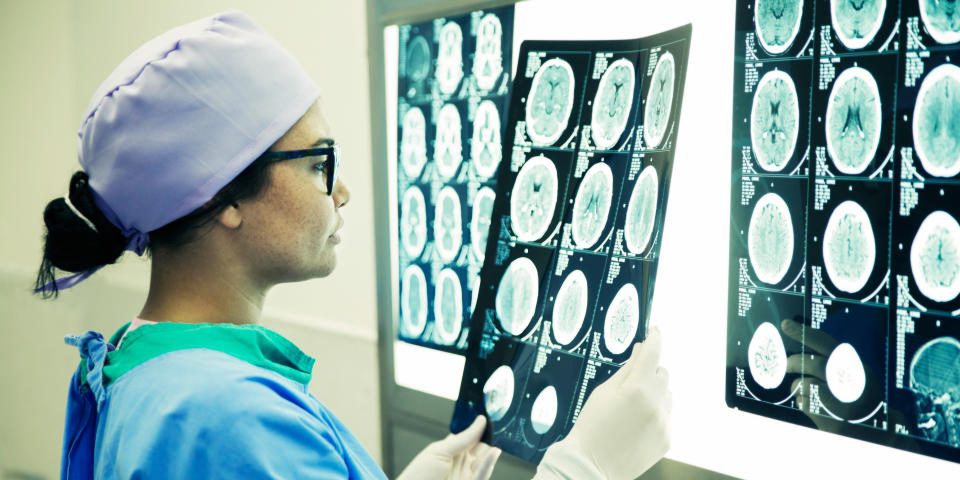Exciting new treatment could halt 'irreversible' Huntington's disease

The progression of the inherited neurodegenerative disease Huntington's could be slowed or even halted by an "enormously successful" new treatment that is capable of suppressing the genetic defect which causes toxic proteins to build up in the brain.
The drug, which is injected into spinal fluid, offers hope that the deadly disease could be stopped once and for all – and has been hailed as the biggest breakthrough in neurodegenerative diseases for 50 years.
What is Huntington's?
Huntington's disease sufferers face a deterioration of their motor skills and memory, eventually followed by death. It has been described as a combination of Parkinson's, Alzheimer's and motor neurone disease all rolled into one.
Peter Allen, 51, is in the early stages of Huntington's and took part in the trial. Speaking to The BBChe BBC, he said "You end up in an almost vegetative state, it's a horrible end… It's so difficult to have that degenerative thing in you. You know the last day was better than the next one's going to be."
The genetic nature of the disease means that Peter has seen his mum, uncle and grandmother die at the hands of Huntington's, and his children have a 50-50 chance of developing it.

The treatment
The trial, which involved 46 patients all of whom suffered with Huntington's, saw the new drug injected into spinal fluid to silence the defective section of the genetic code. As a result, the participants saw a drop in the levels of Huntington in their nervous systems without any harmful side-effects being detected. The trial's lead investigators, Dr Sarah Tabrizi, professor of clinical neurology and director of UCL's Huntington Centre, said:
"The results of this trial are of ground-breaking importance for Huntington's disease patients and families. For the first time, a drug has lowered the level of the toxic disease-causing protein in the nervous system, and the drug was safe and well tolerated. The key now is to move quickly to a larger trial to test whether the drug slows disease progression."
Adding to this, Dr Philippa Brice, of the biomedical sciences think-tank PHG Foundation, said that even none-Huntington's sufferers stood to benefit from the breakthrough.
"This is a potential game-changer, not only for Huntington's disease patients but also for genomic medicine in general. Though more work needs to be done, if gene silencing lives up to this promise we could be on the brink of some of the personalised treatments that patients with severe genetic diseases need so badly."
Other academics have speculated that such a treatment could also heal other as-yet incurable diseases, such as Alzheimer's.
Currently, around 8,500 people in the UK have Huntington's and a further 25,000 will develop it when they are older.
You Might Also Like

